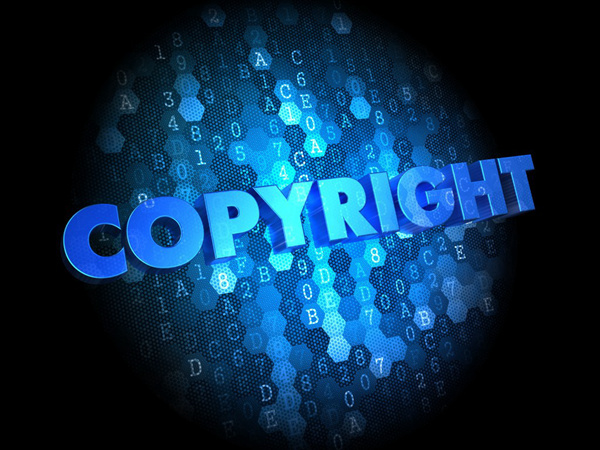In recent years, the rapid development of artificial intelligence technology has attracted widespread attention, but the legal and ethical issues that have followed have become increasingly prominent. Recently, Meta's practices in artificial intelligence training have been questioned, accused of illegally downloading large amounts of pirated data for model training, an incident that has sparked profound discussions about copyright and data use.
Recently, Meta's approach to artificial intelligence training has attracted widespread attention. According to a lawsuit, the company is accused of downloading a large number of pirated e-books and articles without authorization to train its artificial intelligence models. At the heart of the incident were several leaked emails that provided further evidence for Meta's actions.

Meta admitted downloading a controversial large dataset called LibGen that contains tens of millions of pirated books, the email showed. According to court documents filed by the plaintiff, Meta downloaded at least 81.7TB of data from multiple shadow libraries, including at least 35.7TB of data from Z-Library and LibGen through a website called Anna's Archive. In addition, Meta previously downloaded 80.6TB of data from LibGen. These figures show that Meta's scale in this illegal act is amazing. The plaintiff pointed out that while other small-scale piracy has led to legal prosecution, Meta's behavior has become more serious.
In the content of the email, Meta employees also expressed concerns about the legal risks of their actions. In April 2023, Nikolai Bashlikov, a research engineer at the company, said: "It feels inappropriate to use the company's laptop to get BT." By September 2023, Bashlikov's opposition to this More obvious and consulted the legal team. He noted that "using Torrents means 'seed' the file, i.e. sharing content externally. This is legally not allowed." However, despite such warnings, Meta seems to have decided to conceal its download and sharing activities, and Minimize traceability of "seed" behavior by editing settings.
Meta is also said to have tried to reduce the risk of being traced to its servers by downloading datasets to non-Meta servers. This series of behaviors has triggered deep reflections on Meta's data use and copyright.
Key points:
Meta is accused of illegally downloading 81.7TB of pirated books, suspected of being used for AI training.
Employees expressed concerns about legal risks and had warned that downloading could violate the law.
Meta attempts to evade legal liability by hiding and using non-company servers.
This incident not only exposed the data usage problems of Meta, but also sounded a wake-up call for the entire AI industry. How to find a balance between technological development and legal compliance will be an important issue that needs to be solved in the future.